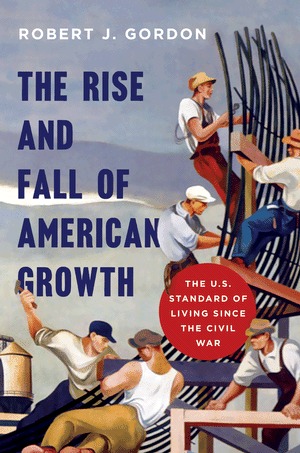In the groundbreaking work "The Great Illusion," Norman Angell embarks on a profound inquiry into the perplexing persistence of war within the ostensibly civilized precincts of Europe. With meticulous reasoning and an engaging prose, Angell dismantles the age-old notion that military conquest equates to national prosperity. Through a compelling argument, he illustrates how the intricate interdependencies of modern economies, built on the foundations of trade and contract law, render the spoils of war not only obsolete but destructive to the very wealth they aim to seize. This visionary text challenges its readers to reconsider the motives behind warfare, proposing that a true understanding of economic principles could pave the way to sustained peace. At its core, "The Great Illusion" is a passionate plea for rationality in an era dominated by imperial ambitions and military rivalries. Angell's analysis transcends the specific context of early 20th-century Europe, offering timeless insights into the futility of war as a means to achieve national advantage. This seminal work invites students of history, political science, and peace studies to engage in a critical dialogue about the economic underpinnings of war and peace, encouraging a reevaluation of conflict in light of the devastating impact it has on human prosperity. As relevant today as it was over a century ago, Angell's masterpiece remains a crucial contribution to our understanding of the true costs of war and the illusion of its benefits.
1
recommendations
recommendation
Similar recommendations
View all









This site is part of Amazon’s Associates Program. Purchasing books recommended by successful individuals through my links earns us a small commission, helping keep the site running, at no additional cost to you. Thank you for supporting our site!

